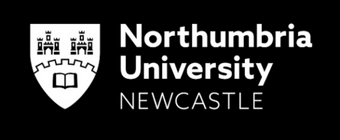Standard Entry
For applications to the Registered Nurse Degree Apprenticeship (RNDA) route please apply direct to the placement provider and a joint process between the university and the placement provider will be used to shortlist the candidates to be interviewed. Applicants should use the personal statement/supporting information on their application to illustrate their abilities, aptitudes, skills, qualifications and experiences, which might be taken into account as well as or instead of any of the formal qualifications listed below.
Entry Requirements:
A good GCSE profile is expected, including Maths and English Language at minimum grade C, or University recognised equivalent.
If you have studied for a new GCSE for which you will be awarded a numerical grade then you will need to achieve a minimum grade 4.
- Foundation Degree in a health-related subject (Assistant Practitioners preferred), and
- Evidence of 500 hours of practice experience of healthcare work relevant to children's nursing, along with a successful RPL application for 120 credits (level 4) and 60 credits (level 5)
Additional Requirements:
A suitable DBS Enhanced Certificate and a satisfactory health check are required. You must meet the Nursing and Midwifery Council's suitability for registration requirements.
International Qualifications:
We welcome applicants with a range of qualifications from the UK and worldwide which may not exactly match those shown above. If you have taken qualifications outside the UK you can find out how your qualifications compare by visiting our country page www.northumbria.ac.uk/yourcountry
English Language Requirements:
International applicants are required to have a minimum overall IELTS (Academic) score of 7.0 with 7.0 in each component (or approved equivalent*).*The university accepts a large number of UK and International Qualifications in place of IELTS.














